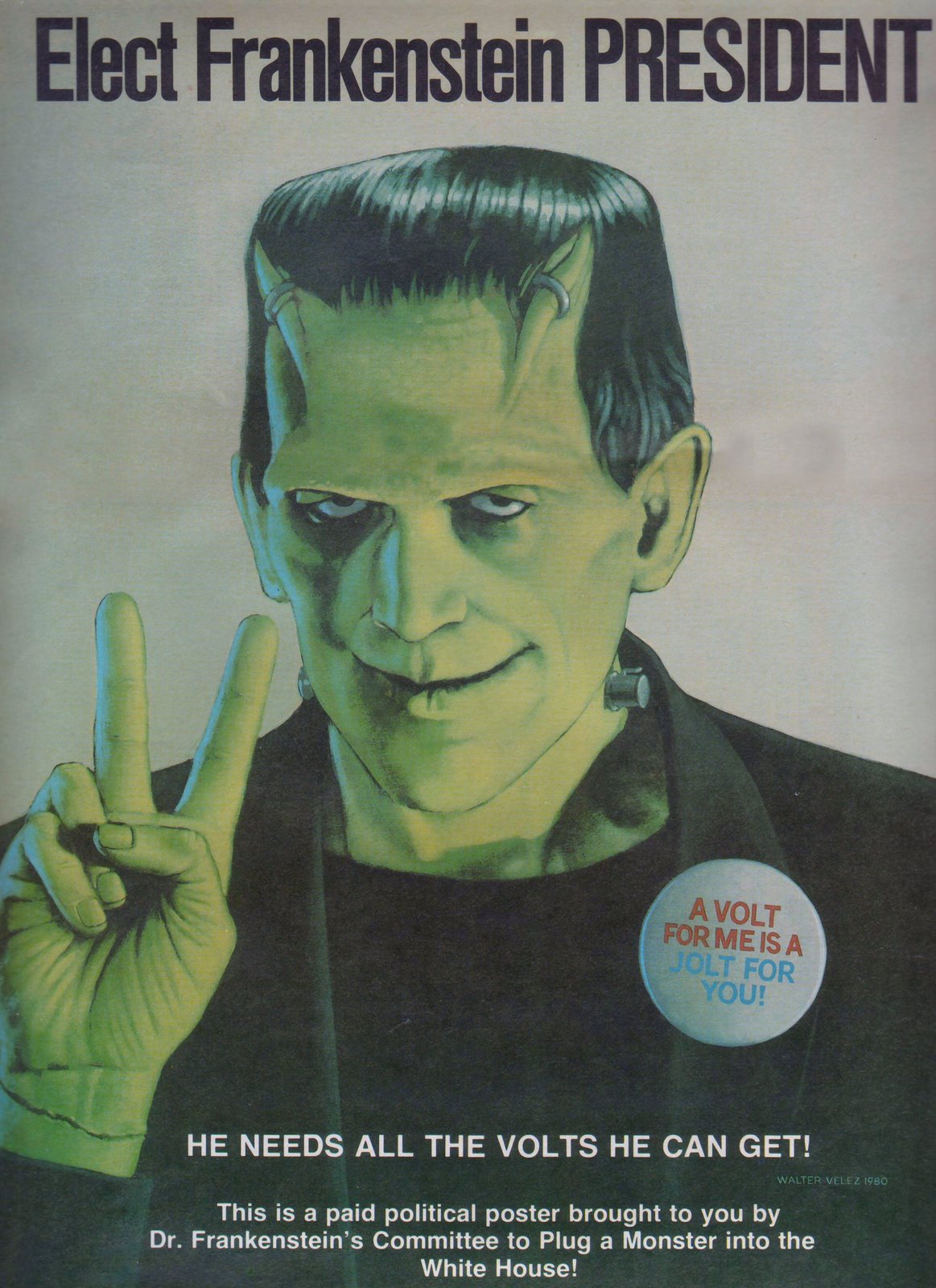The Deathly Hallows: Valar Morghulis
 So, the other day I was in class
So, the other day I was in class For those that don't know, the Deathly Hallows symbol is a mark used in the Harry Potter books to refer to three items: The Elder Wand (the most powerful wand in the world), The Resurrection Stone, and The Invisibility Cloak. Taken together, these three items are supposed to make their possessor the master of death. Not surprisingly, these items are a major force in the books. Voldemort seeks the Elder Wand and even Dumbledore was at one time tempted to become the master of death. The symbol is also used to refer to the Tale of the Three Brothers, the supposed origin story of the Deathly Hallows.
I see people walking around all the time with Deathly Hallows shirts and jewelry. Like, I'm living Personally, I have a Deathly Hallows t-shirt, Deathly Hallows earrings, and a Deathly Hallows bracelet. It's probably one of the best known symbols from the books, which is actually kind of strange when you think about it. The symbol only pops up a few (though critically important) times in the books, and it's not exactly a harbinger of joy, so why does everyone insist on wearing it?
Seriously, think about it for a second. I mean, obviously, if you're wearing the Deathly Hallows symbol, you're communicating to the world that you're a Harry Potter fan. But you could do that with any number of symbols: the Hogwarts crest, the lightning bolt, the round glasses etc. So why this symbol? You could make the argument that it's a more subtle symbol, that can be easily incorporated into jewelry and clothing, but I think it goes deeper than that.
In the Harry Potter-verse, the symbol is used to indicate to others that one believes in the Deathly Hallows, but no one in the muggle-verse actually believes in the Deathly Hallows (I hope), so I take that to mean that it has acquired a deeper meaning.
The Deathly Hallows symbolize the master of death, but the ironic thing is that in Harry Potter (and in life) there is no master of death. Even those who were able to cheat death for a while, like Voldemort, eventually must face death. I think the scene between Dumbledore and Harry in King's Cross Station is very poignant; Voldemort is a powerful, terrifying monster in life, but in death, he's just a pathetic little creature. To misquote Homer, death is the great equalizer (just kidding, I'm pretty sure Homer didn't say anything like that, it was just kind of what The Iliad was about). Even Dumbledore, who had so many opportunities to own all the Deathly Hallows, ended up dead by his own choice. Harry, of course, was the only person to ever own all three Deathly Hallows at the same time, but even The Chosen One cannot be the master of death.
It's very powerful sentiment. By wearing the Deathly Hallows symbol, fans acknowledge their own mortality, and, even more importantly, that the only master of death is, in fact, death. Anyway, when I was thinking about all of this, I realized that this is very similar to the concept of the phrase Valar Morghulis in A Song of Ice and Fire series.
For those that don't know, Valar Morghulis is a phrase used in the A Song of Ice and Fire series that means, roughly translated, 'all men must die'. It is a customary saying in Essos (fictional continent near Westeros) and is traditionally answered with Valar Dohaeris ('all men must serve'). Two very sound pieces of advice if you ask me. I would say that it's particularly relevant to A Song of Ice and Fire because characters drop like flies in those books! This phrase is first introduced in A Clash of Kings and since has become very significant to certain characters in the books, namely Arya. The phrase becomes a powerful symbol of mortality in the books and a reminder that all the characters, good or bad, have the same fate in their futures.
I think the Deathly Hallows symbolizes in our culture what Valar Morghulis symbolizes in the world of A Song of Ice and Fire. The words Valar Morghulis represents the acknowledgement of a certain world view: the conscious choice to acknowledge one's own mortality and the consequences it entails. In rejects the idea that power, wealth, or status somehow elevate one group of people over others.
There is a particularly good example of this in a scene from season three of Game of Thrones. In this scene, Daario Naharis and the other two captains of Second Sons mercenaries decide that Dany must die and they select Daario to do the deed. Daario simply smiles and says "Valar Morghulis". Which is actually quite ironic since, instead of killing Dany, Daario actually kills the other two captains and pledges himself to Dany. That message is simple: they thought they were sending Dany to her death when, in fact, they signed their own death warrants. No matter the power you think you have, you don't have power over death. We see similar re-workings of this theme with the grisly ends of the King in the North, Robb Stark and the king in the south, Joffrey Baratheon/Lannister.
 |
| A Visual Representation of the Game of Thrones Death Count |
To correctly quote Syrio Fore: "There is only one thing we say to Death: 'nor today'."
Just sayin'



Comments
Post a Comment